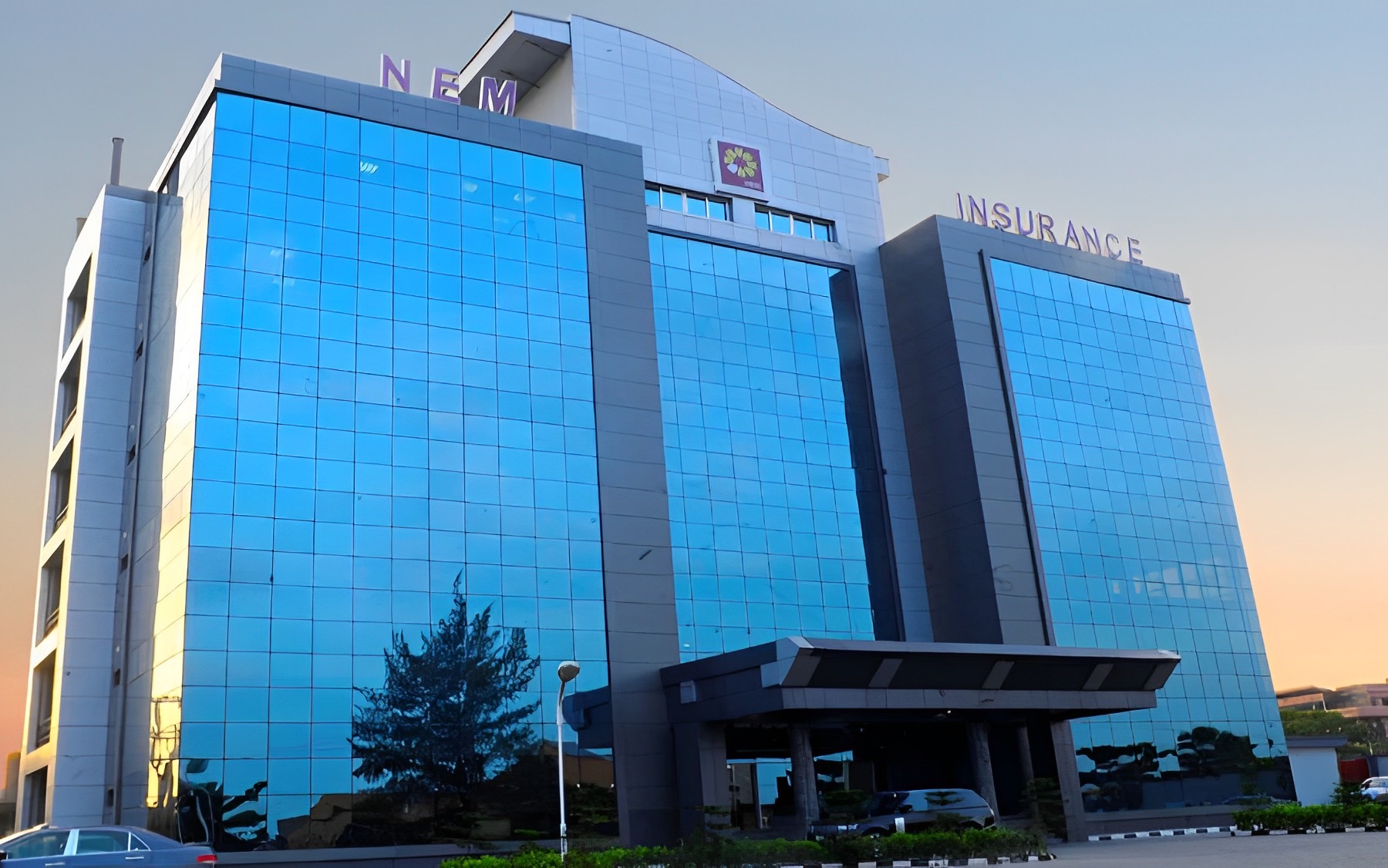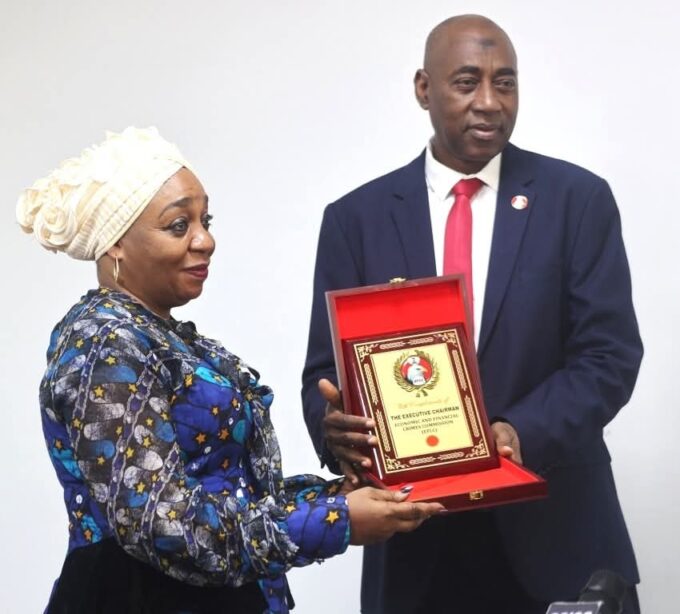Nico Conradie, Munich Re CEO
PRESS RELEASE–-Global mining conglomerates and their insurance and reinsurance partners will have to improve their risk management outcomes to ensure the long-term sustainability of mining insurance. The importance of prudent risk management in mining insurance was a central theme at the inaugural Munich Re of Africa (MRoA) Mining Re/insurance Client Seminar held in Johannesburg, 22 November 2018.

“It does not matter what premium you charge for cover nor what terms and conditions you attach to the insurance policy if the underlying risk is bad; you cannot change a bad risk into a good risk by covering it with insurance,” said Mr. Nico Conradie, CEO at MRoA. His frank assessment of the risk environment came following a difficult year for insurers and reinsurers operating in the mining sector. Year-to-date the industry is aware of 61 significant mining loss events globally, with 16 of these incidents occurring in South Africa. The three worst domestic mining incidents are expected to cost mining firms and their insurance partners in excess of R1 billion each.

Mr. Günter Becker, Head of Mining at Munich Re Corporate Insurance Partners (CIP).
Mr. Günter Becker, Head of Mining at Munich Re Corporate Insurance Partners (CIP) believes that increased claims volatility could lead to reduced re/insurance capacity in the mining segment. “Over the past four years mining insurance premiums were softer; but deductibles and coverage remained unchanged with the result that the premium pool is getting smaller while losses and claims pay-outs are getting exponentially bigger,” he said. Under such conditions insurers who offer specialised mining solutions as part of their selling proposition are seeing their underwriting profit margins squeezed.
Some insurance markets, most notably Lloyd’s in London, have responded to tough market conditions by reducing capacity in multiple insurance sectors, including mining. At the same time certain large insurance carriers are reluctant to insure riskier underground mining operations. Their acceptance of this type of risk is conditional on higher levels of reinsurance, excluding certain risks from cover and / or insisting that the mining companies on cover agree to higher excesses.
The above developments are of concern to South African mining firms as well as insurers, reinsurers and insurance brokers operating domestically due to the number of high risk underground mining assets on the ground. Meanwhile global re/insurers are showing a reluctance to insure ‘dirty’ coal mining assets to appease politicians in their home countries meaning there are fewer options for brokers looking to place coal mining firms on cover. Against this backdrop Becker is concerned that the mining insurance industry could suffer a similar setback to that experienced in 2009 when loss ratios surged to around 250%. It took more than three years to recoup the losses following that year.
What can stakeholders in the mining and mining insurance sectors do to ensure the long-term sustainability of the sector? According to Conradie the solution lies in sound risk management practices and the ongoing cooperation between insurer, insurance broker and corporate risk manager to manage risk and mitigate losses. Sound risk management practices are essential because the mining company – the insured – retains a significant portion of each loss event regardless of how the insurance premium is structure. It is not uncommon for large global mining operations like Rio Tinto and Anglo American to self-insure the first US$100 million of each loss.
“Gathering comprehensive risk information is critical for the sustainability of the sector; the insurance carrier needs to have all the pertinent information to properly assess a mining company’s risk,” concluded Becker. He added that it was an imperative for mining companies to follow through on the recommendations made by loss prevention experts and their insurers’ risk engineers.
Munich Reinsurance Company of Africa Limited has been operating in South Africa for 50 years, although the Munich Re (Group) was active on the continent, via Munich Re in Munich, for some years prior to commencing the Southern African operation in Johannesburg in 1968. A new business strategy for Africa was put in place in 2015 to focus skills and expertise in one central hub based in Johannesburg.














